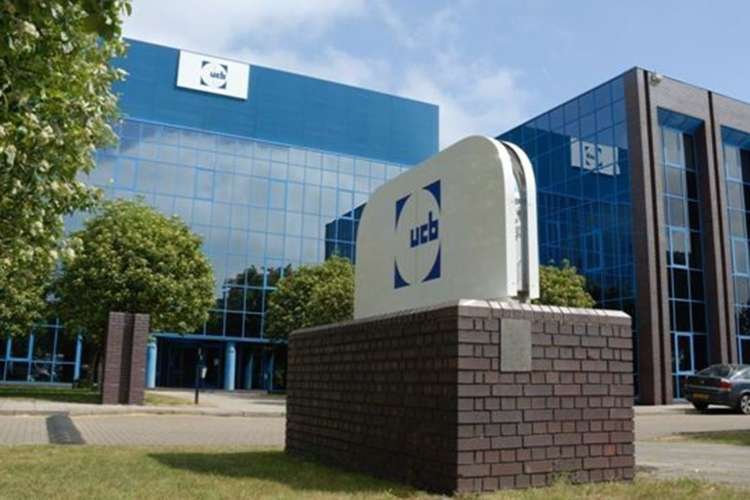After facing delays related to manufacturing issues, UCB’s psoriasis medication, bimekizumab, is awaiting the next steps in its FDA review process. The FDA recently concluded its inspection of UCB’s Belgian plant, but the timeline for further actions remains uncertain.
UCB had initially anticipated a decision on its second application for bimekizumab in the first half of 2023, with a six-month FDA review period granted last year. However, due to the latest developments, the company no longer expects a decision by the end of the third quarter of 2023.
The FDA’s plant inspection concluded in April 2023, but it has not provided a specific timeline for addressing the application, as per UCB’s recent update. The company stated that its next update will come when there is FDA action.
The journey for bimekizumab in the US has been marked by obstacles. Initially, the FDA delayed its decision in October 2021, citing the need for an on-site facility inspection, which was hindered by COVID-related travel restrictions. The inspection eventually took place last year, leading to a complete response letter in May that required the resolution of specific pre-approval inspection observations. UCB resubmitted its application in November, and it was accepted by the FDA in December. The FDA conducted another inspection in April, resulting in the final Establishment Inspection Report.
While awaiting FDA approval in the US, bimekizumab has already received approval in various international markets, including the European Union, Canada, Mexico, and Australia.
Despite these challenges, UCB maintains its full-year financial outlook, projecting revenues between 5.15 to 5.35 billion euros ($5.5 to $5.7 billion). Last year, UCB had adjusted its US revenue forecast due to the FDA’s initial rejection.
In addition to its pursuit of FDA approval for psoriasis, bimekizumab also holds potential for approval in treating hidradenitis suppurativa. UCB presented phase 3 data in March, demonstrating that bimekizumab can maintain a 50% reduction in skin abscesses and inflammatory nodules in over 75% of treated hidradenitis suppurativa patients over 48 weeks.
Apart from bimekizumab, UCB achieved an FDA approval milestone in June with Rystiggo, a monoclonal antibody designed for the rare autoimmune condition myasthenia gravis (gMG). This subcutaneously administered therapy became the first to be cleared for treating the two primary subsets of the disorder, although it was not the first overall, as AstraZeneca and argenx had already introduced their respective treatments.
Despite the challenges and delays, UCB continues to navigate the regulatory landscape with a focus on advancing its promising therapies for various medical conditions.





























